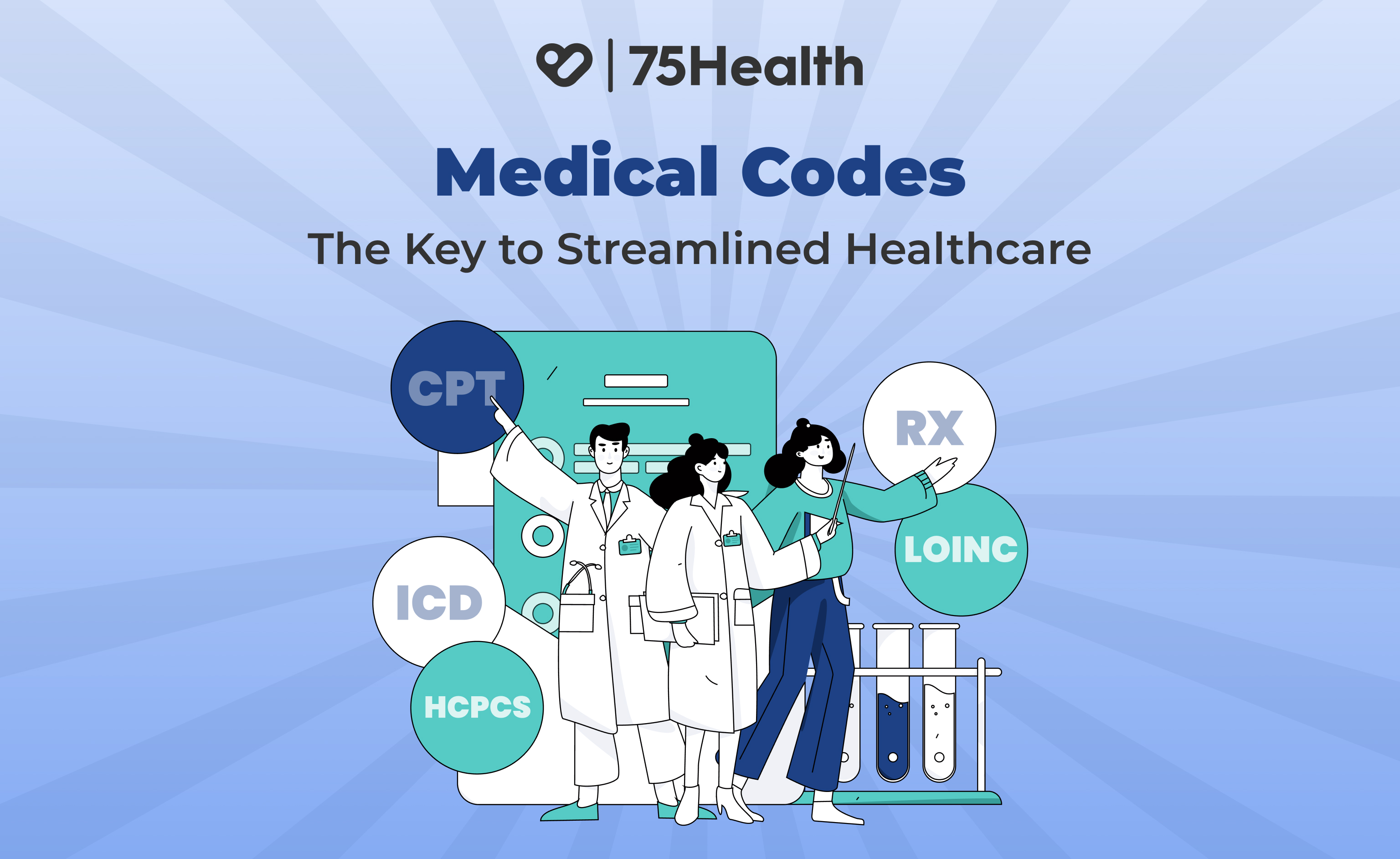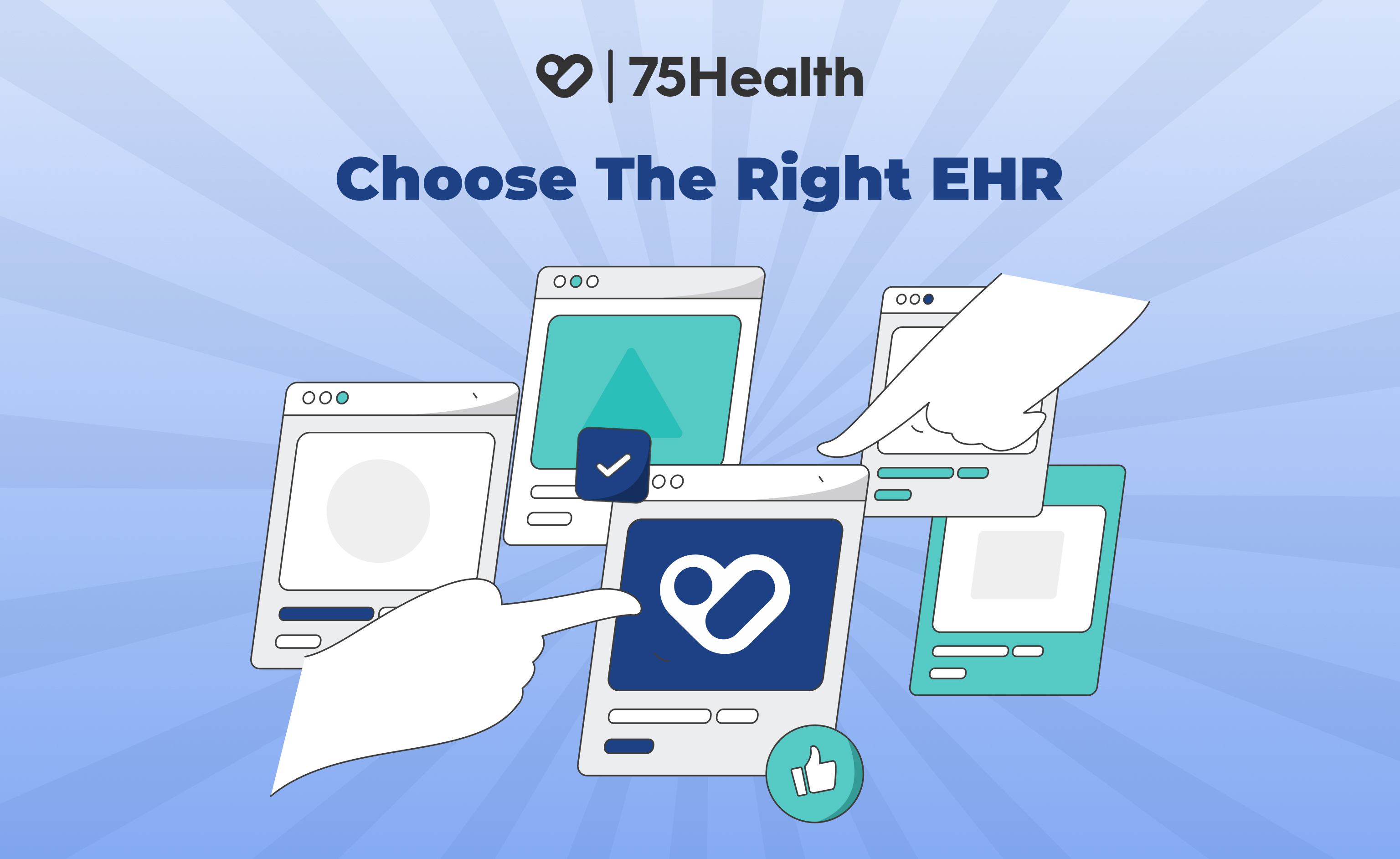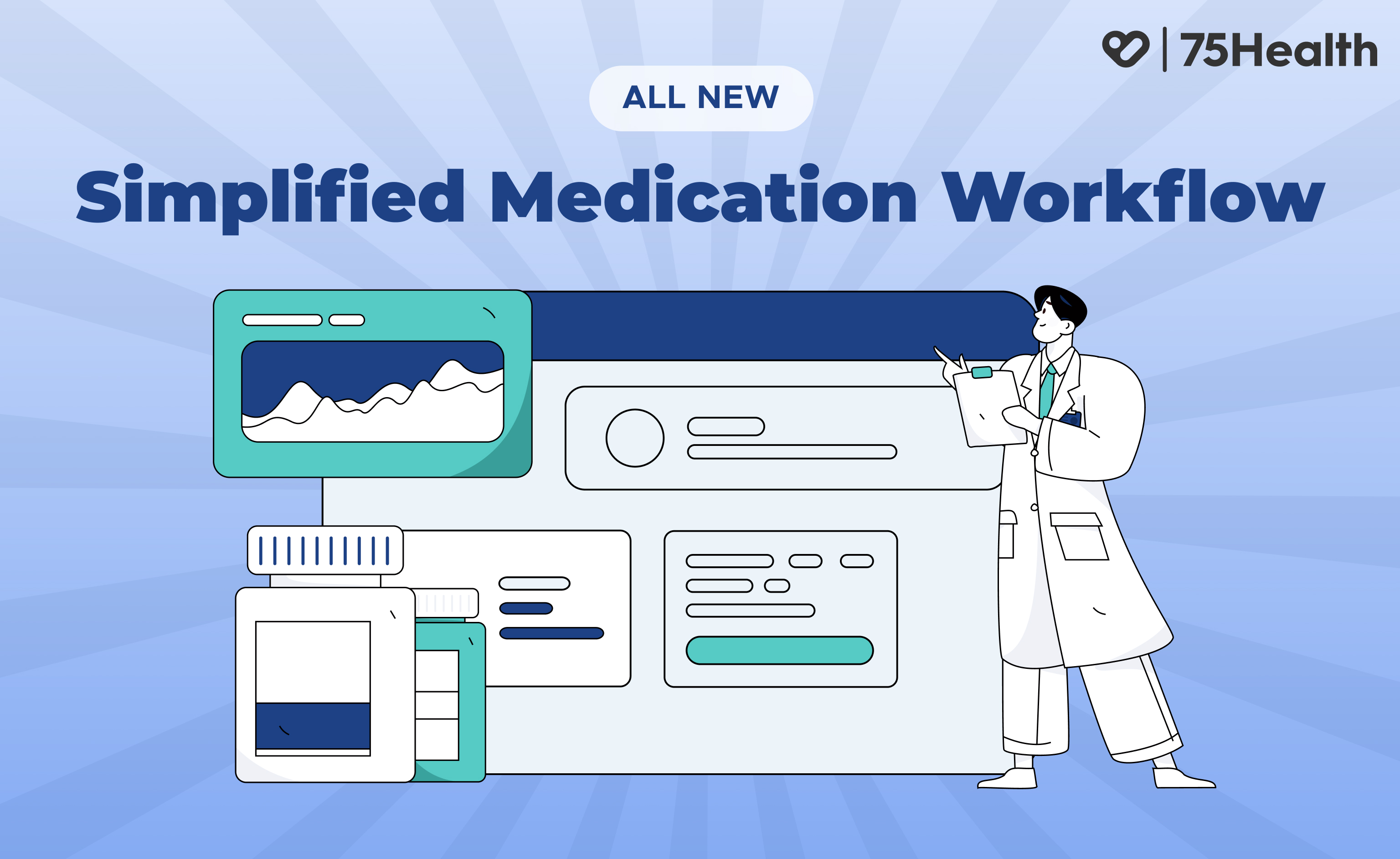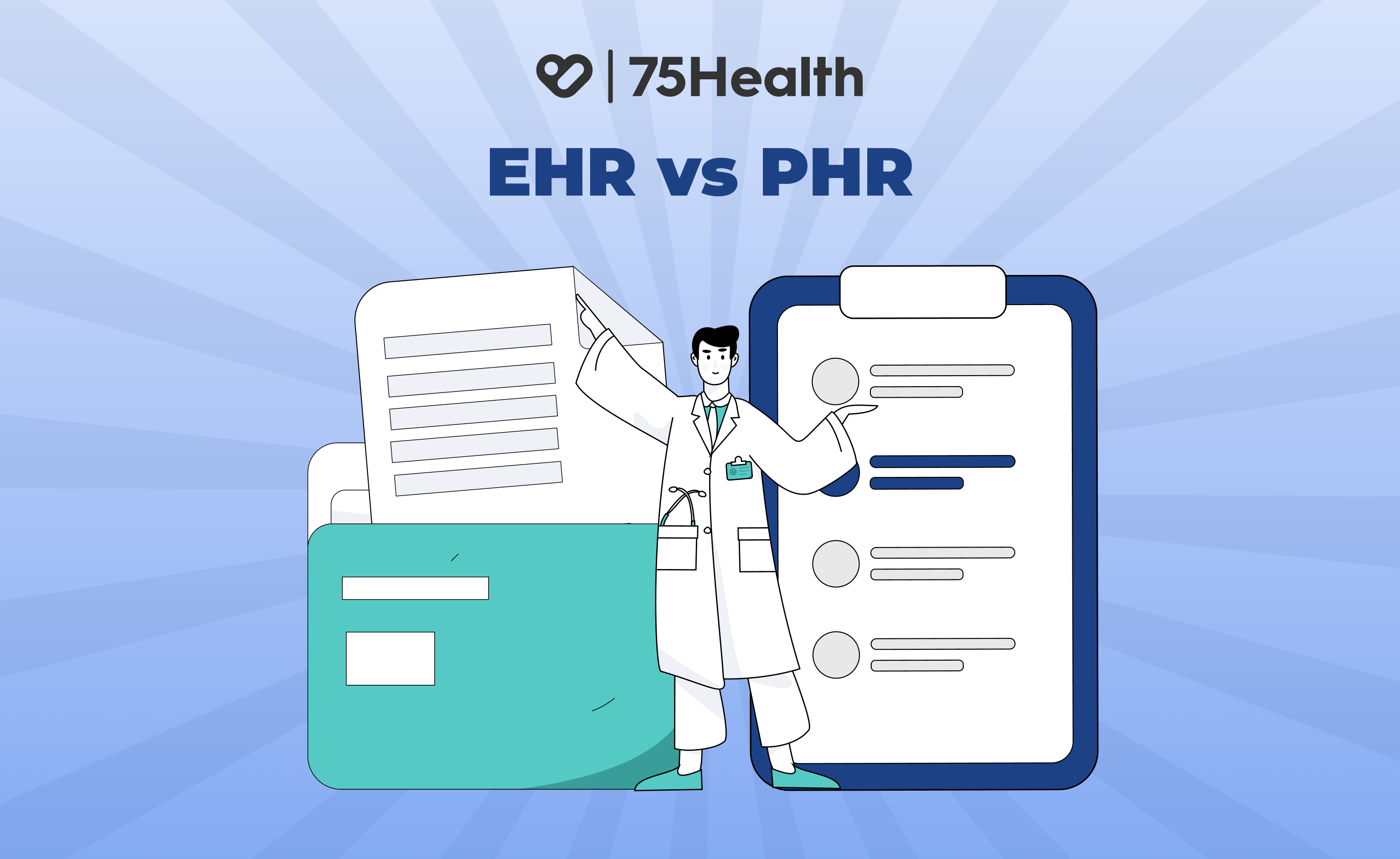EHR in Healthcare – Preventing Medical Errors
Medical Errors
What pops into your head when you hear these words? Fear. Worry. That unsettling thought that something might go wrong. It could be a lost patient file, a hard-to-read prescription leading to the wrong drug dose, or even poor communication between doctors and nurses.
These slip-ups don’t just cause trouble, they can end lives.
To address this problem, Electronic Health Records (EHR) came onto the scene as a big deal in healthcare. With correct info, clear talk, and quick access to patient data, EHRs have cut down the chance of such mistakes by a lot.
In this blog post, we’ll look at how EHR changes healthcare and cuts down on medical errors, making treatment safer, smarter, and more dependable.
EHR in Healthcare
From traditional methods to modern upgrades, healthcare has undergone a remarkable transformation. By replacing outdated practices with efficient, technology-driven solutions, Electronic Health Records (EHR) have become a cornerstone in advancing practice management and elevating patient care.
How EHR Prevents Medical Errors
As we’ve already mentioned, EHR plays a major role in reducing medical errors. Let’s break it down and see, in simple terms, the different ways it makes healthcare safer:
Handwritten Prescriptions – Illegible handwriting can cause confusion, leading to the wrong medication or dosage. With EHR, prescriptions are digital, clear, and standardized, removing guesswork.
Incomplete Patient History – Missing or old records can cause bad treatment choices. EHR keeps full patient histories in one spot ready for doctors to see right away.
Wrong Dosage – Math errors or unclear directions can lead to dangerous drug mistakes. EHR systems have tools to figure out doses and warn doctors to make sure they’re right.
Duplicate Tests – Doing the same test again wastes time, money, and puts patients through needless procedures. EHR tells doctors about earlier test results, so they don’t repeat tests.
Allergy Oversight – Failing to notice a patient’s allergy details can lead to dangerous outcomes. EHR systems highlight allergies and show them when doctors prescribe medications.
Miscommunication Between Providers – Poor information sharing can slow down or stop treatment. EHR enables smooth instant data exchange among doctors, specialists, labs, and pharmacies.
Missed Follow-ups – Patients often skip crucial check-ups or treatments. EHR can send reminders to both healthcare providers and patients, reducing the risk of missed care.
Conclusion:
And that’s how EHR transforms healthcare, turning guesswork into precision, reducing errors, improving outcomes, and strengthening patient trust. Embracing this technology means safer, smarter, and more reliable care for all.
Ready to experience the difference? Switch to EHR today and make every patient interaction safer and smarter.
Reach us at: support@75health.com






